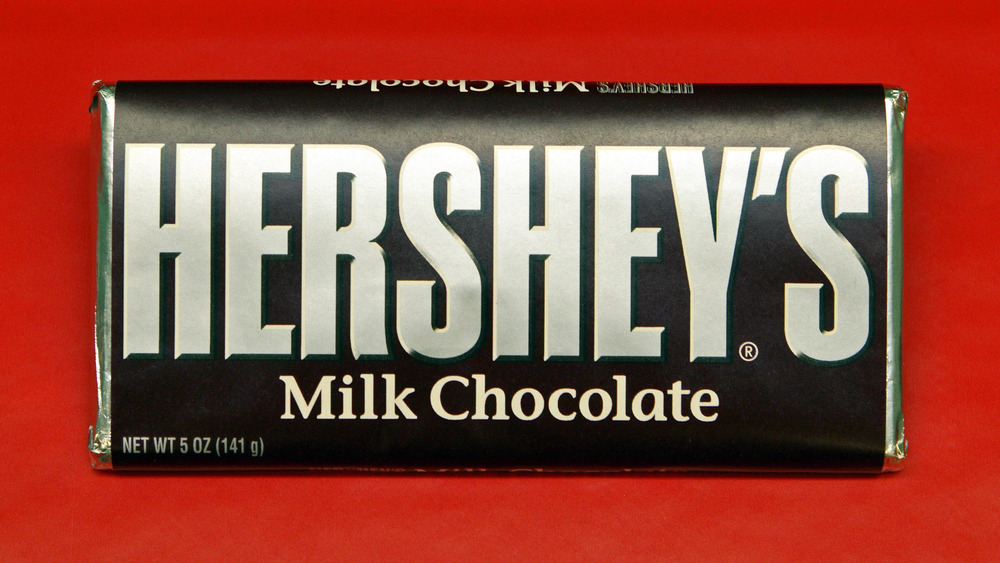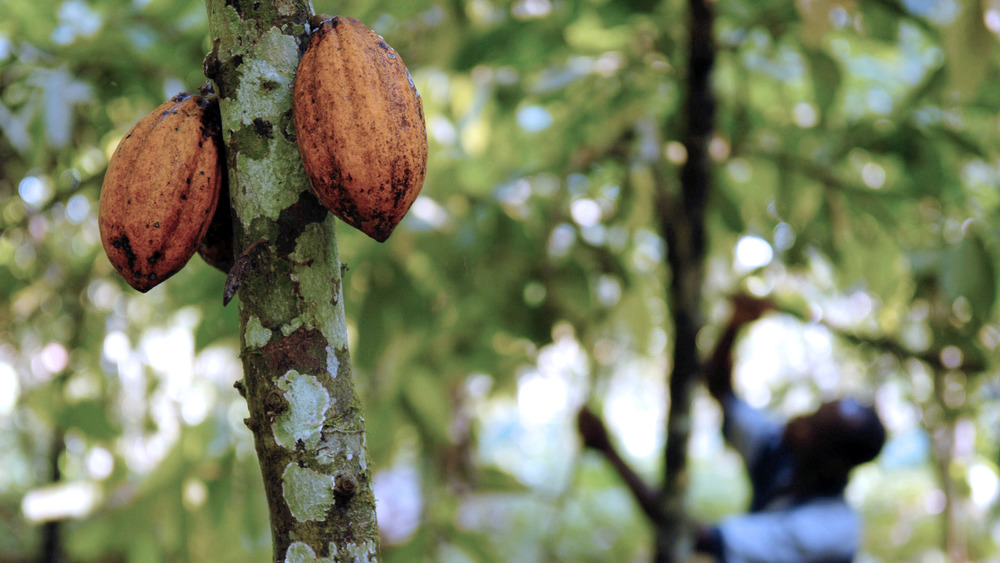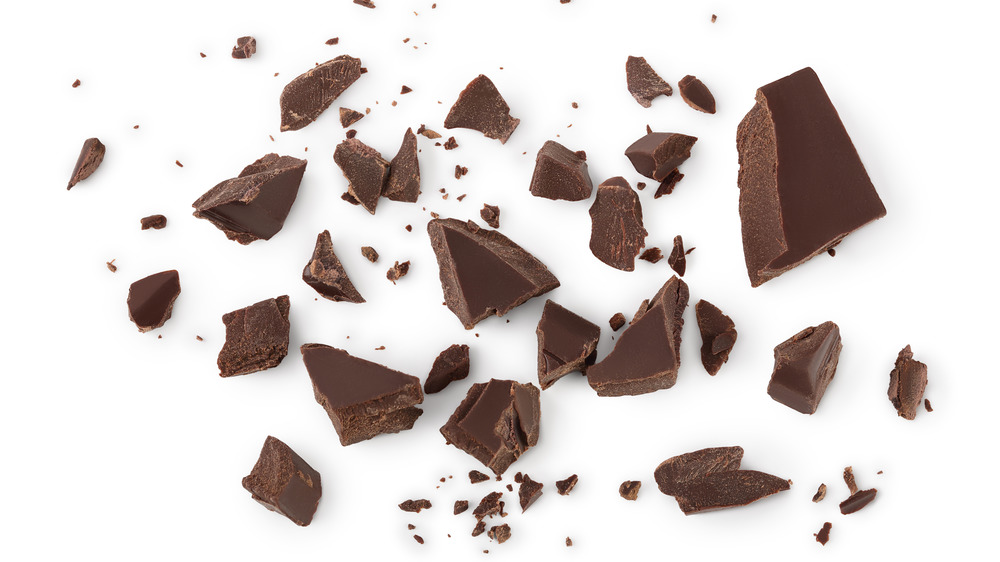The Horrifying Reason These Major Chocolate Companies Could Be Facing Legal Action In The US
The three major US chocolate companies — Mars, Nestlé, and Hershey — have been named in a groundbreaking class action lawsuit brought by the human rights firm International Rights Advocates, on behalf of eight young adults from Mali who claim they were forced to spend their childhoods working without pay on cocoa plantations in Ivory Coast, according to The Guardian. Other major corporations — Cargill, Mondelez, Barry Callebaut, and Olam — were also named in the suit.
In 2001, the major chocolate companies signed the Harkin-Engle Protocol, which pledged to eliminate "the worst forms of child labor" from their supply chain, but now, 20 years later, they have not only failed to do so, they are still unsure where the majority of their cocoa really comes from. "Mars, maker of M&M's and Milky Way, can trace only 24 percent of its cocoa back to farms; Hershey, the maker of Kisses and Reese's, less than half; Nestlé can trace 49 percent of its global cocoa supply to farms," the Washington Post reported.
Chocolate companies claim the lawsuit will 'not advance the shared goal of ending child labor'
The companies claimed to have made significant strides in reducing the use of child labor, but have failed to meet their goal because "the real magnitude of child labor in the cocoa supply chain and how to address the phenomenon were poorly understood" when they made the pledge in 2001, as Timothy S. McCoy, a World Cocoa Foundation vice president, explained to the Washington Post. They further stated that the blame for child labor cannot lay entirely with them, saying the West African government, NGOs, and other members of the international community must also accept some responsibility for the problem.
"This lawsuit does not advance the shared goal of ending child labor in the cocoa industry. Child labor is a complex, global problem, and tackling this issue is a shared responsibility. All stakeholders — including governments, NGOs, communities, and the broader cocoa industry — need to continue to address its root causes to have an impact," a Nestlé spokesperson said in an email statement sent to Business Insider. Hershey's concurred in a similar statement, saying: "We have worked hard over the past several years to implement meaningful programs and work with our cocoa suppliers and West African governments to combat these issues and use our influence to make a positive impact," but addressing child labor "requires significant investment and intervention on the ground in West Africa, not in the courts."
The IRAdvocates says the purpose of the lawsuit is to force major chocolate companies to stop using child labor
Trafficking and child labor have continued to be a significant issue in West Africa, where about two-thirds of the world's cocoa supply is farmed. An October 2020 study conducted by NORC (the National Opinion Research Center) at the University of Chicago found that "children engaged in hazardous child labor in cocoa production in Côte d'Ivoire and Ghana cocoa growing regions increased by 13 percentage points over a 10-year period (from 2008-09 to 2018-19)," with hazardous labor being defined as the "use of sharp tools, undertaking land clearing activities, working long hours or at night, and exposure to agro-chemical products" (via NORC).
The eight young men who were subjected to child labor are now seeking damages for "unjust enrichment, negligent supervision and intentional infliction of emotional distress," reports The Guardian. The International Rights Advocates (IRAdvocates) hopes this lawsuit will force major chocolate companies to address their complicity in the issue. Terry Collingsworth, the IRAdvocates Executive Director, said the use of child labor in cocoa production is "outrageous and must end," in a press release announcing the lawsuit (via EcoWatch). Collingsworth went on to say that "based on the objective record of twenty years of the failed Harkin-Engle Protocol, these companies will continue to profit from child slavery until they are forced to stop. The purpose of this lawsuit is to force them to stop."


